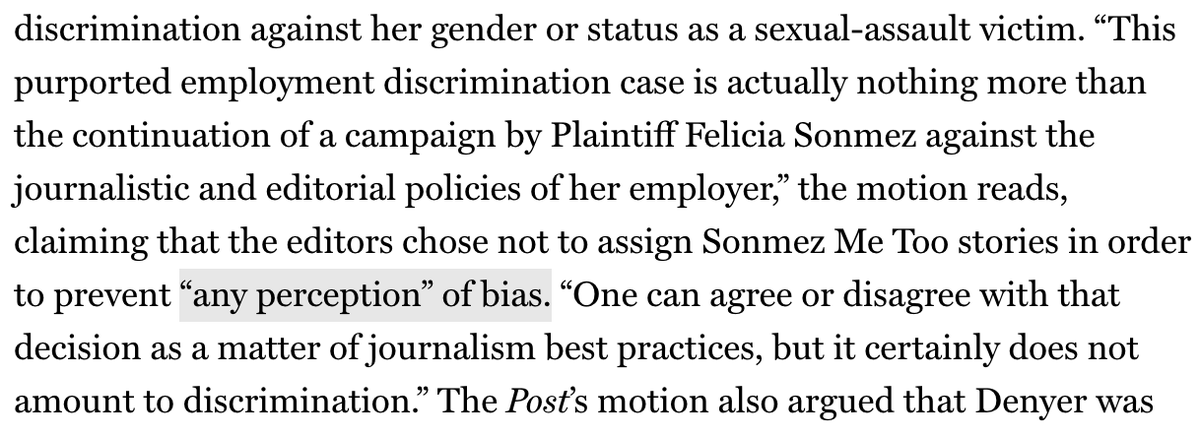
Todd Gitlin has died. I knew him. He had a huge influence on me, and helped me become a critic. One of those people who are always out there, a few years — well, 13, half a generation — and several steps ahead of you, showing you the way to do it. nytimes.com/2022/02/05/us/…
Two ways Todd Gitlin influenced me as a critic: First, his 1990 essay for Dissent magazine, "Blips, Bites & Savvy Talk," describes how "insider" coverage turns viewers into "cognoscenti of their own bamboozlement." It led directly to my critique of the savvy style in journalism.
Gitlin's 1983 book, "Inside Prime Time," based on interviews with 200 makers of commercial TV, introduced me to the concept of "audience lore," which meant stories about what viewers want, often wielded by higher ups to justify their programming decisions. From then on I was—
— alert as a critic to the stories about the audience that journalists and their bosses told, which might be based on data but just as often served some other end. Gitlin taught me to look at who gets to decide what the audience "wants," which itself becomes a kind of power base.
An even larger effect Todd Gitlin had on me was his language as a writer: learned but not overly academic, politically aligned but not ideologically rigid, never sacrificing complexity for ease-of-use but vivid and engaging, and with a confident flow. A literate, public language.
Just checked my email. This is the last missive I got from Todd. RIP, @toddgitlin 

• • •
Missing some Tweet in this thread? You can try to
force a refresh




